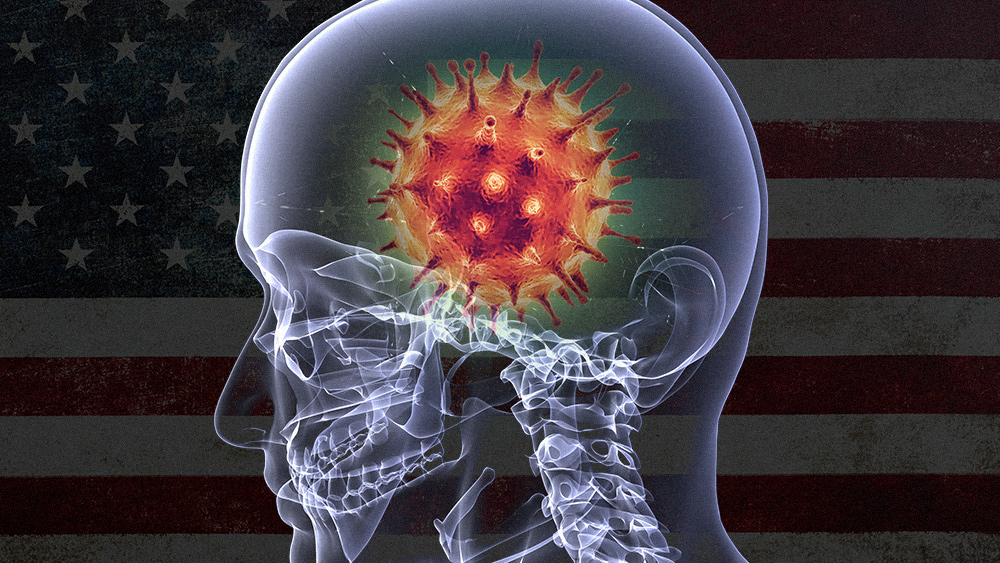
Lactobacillus appears to affect the levels of a blood metabolite called kynurenine. The blood metabolite is known to trigger the onset of depression. The researchers note a surge in kynurenine levels when loss of Lactobacillus takes place, which in turn leads to the onset of depressive symptoms in the animals. However, maintaining high levels of kynurenine diminishes the effects of the beneficial bacteria, researchers say.
“The big hope for this kind of research is that we won’t need to bother with complex drugs and side-effects when we can just play with the microbiome. It would be magical just to change your diet, to change the bacteria you take, and fix your health – and your mood,” says lead researcher Alban Gaultier.
The findings are published in the journal Scientific Reports.
Results of the recent study are reflective of a systematic review published in the journal CNS & Neurological Disorders Drug Targets. According to the analysis, gut microbiota play a key role in regulating stress response and in the development of the central nervous system during critical stages. The review confirmed that probiotics help mitigate anxiety and depressive-like behaviors in animal models.
Human studies establish link between probiotics, depression
A vast number of human studies from the last few years have demonstrated the beneficial effects of probiotics in alleviating depressive symptoms. In 2011, French researchers found that daily consumption of a probiotic formulation helped ease psychological distress in study participants. Both L. helveticus and B. longum strains were shown to promote beneficial psychological effects in volunteers, the researchers wrote in The British Journal of Nutrition. Researchers at the University of California, Los Angeles also found that women who drank milk that contained probiotics exhibited less activities in brain areas associated with emotions compared with those who drank plain milk.
Another study published in the journal Nutrition showed that participants with major depressive disorder who regularly took probiotic supplements had significantly lower Beck Depression Inventory total scores compared with those in the placebo group. A meta-analysis published last year also revealed that study participants who were on probiotics treatment had lower showed relatively low incidence of depression. The findings appeared in the journal Nutrients.
Probiotics consumption may also help regulate mood, a Dutch study found. Researchers at the Leiden University in the Netherlands examined 40 healthy participants and classified them into two groups: the probiotics group and the placebo group. Study data showed that patients in the probiotics group exhibited less reactivity to sad moods compared with those in the placebo group.
“Even if preliminary, these results provide the first evidence that the intake of probiotics may help reduce negative thoughts associated with sad mood. As such, our findings shed an interesting new light on the potential of probiotics to serve as adjuvant or preventive therapy for depression,” said study author Lorenza S. Colzato.
Another study published in Psychopharmacology revealed that people who took prebiotics -- compounds that promote probiotic growth -- paid less attention to negative information and more focus on positive information during a computer test compared with those who took a placebo. Researchers also found that participants in the prebiotics group had lower cortisol levels in their saliva than those in the placebo group. High cortisol levels were known to induce stress.
Sources:
Please contact us for more information.























